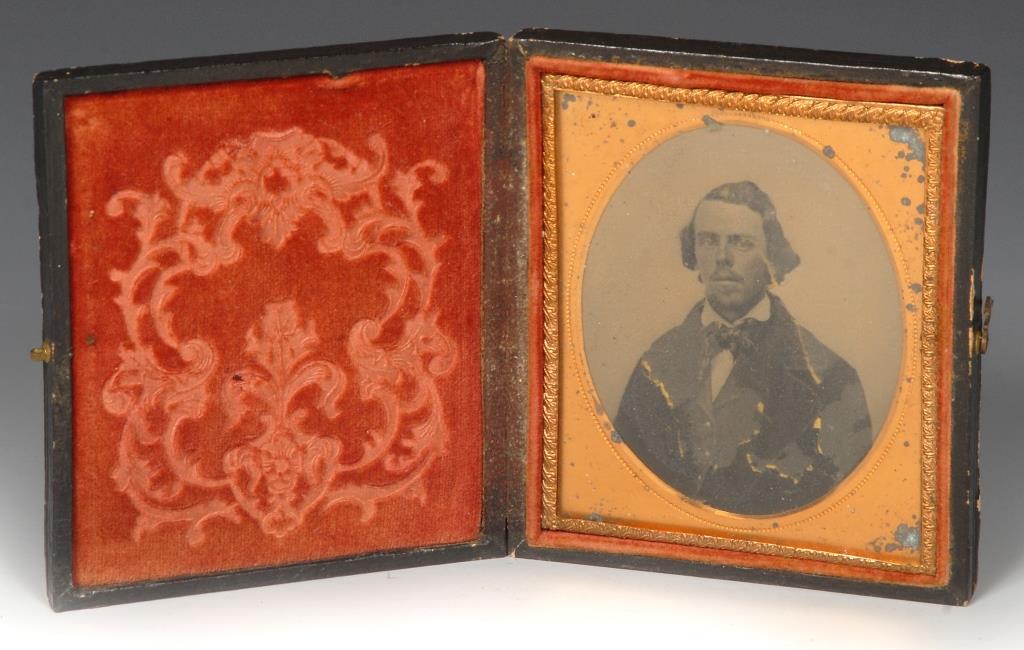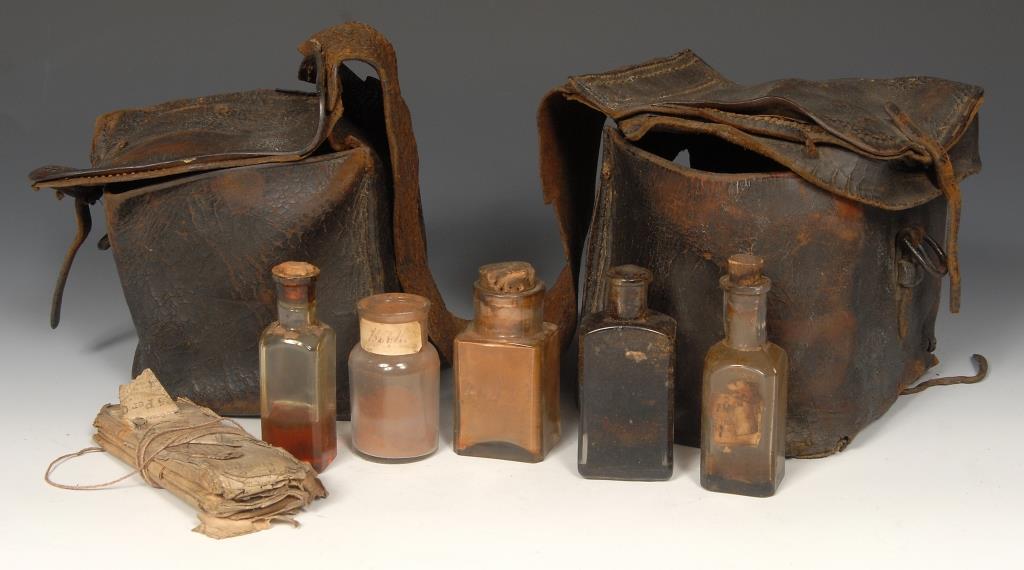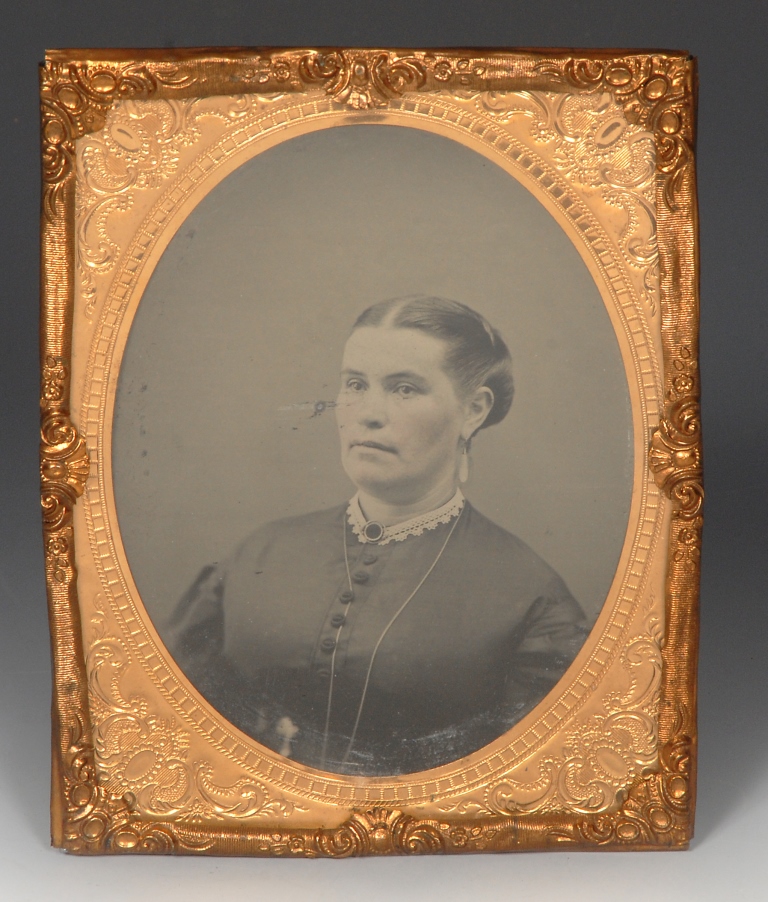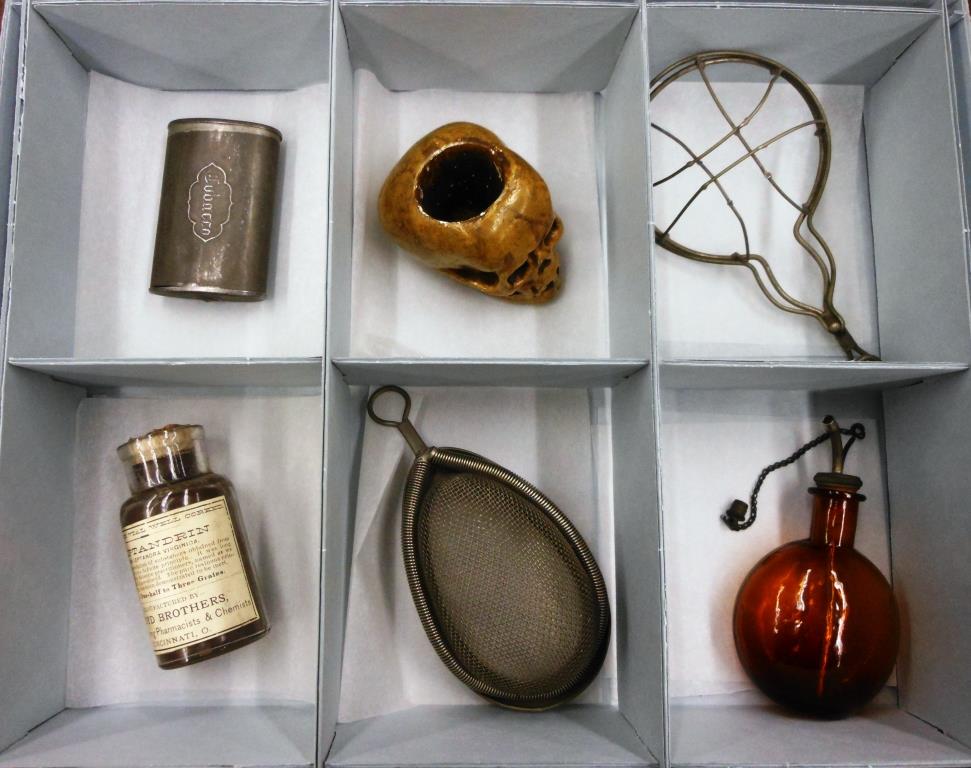By: Laura Meece
Born in Ashtabula County, Ohio in 1833, Benjamin Askue was a nurse during the American Civil War. He did not, however, go the traditional educational path. Instead, he studied under the hand of a local doctor and eventually became a practitioner of homeopathic medicine.

Ambrotype of Benjamin Askue ca. 1860
Askue joined the Union Army in 1861, serving for the 23rd Ohio Volunteers Infantry (O.V.I.). Under the leadership of future President Rutherford B. Hayes and William S. Rosencrans, Askue eventually became a field nurse for the O.V.I., putting his medical training to use. While in the army, Askue was captured several times by the Confederacy and even hid in the forest of West Virginia to avoid capture on one occasion, but he always managed to escape. His brother, Oscar Askue, had also been a soldier in the Union Army, and when Oscar was killed in battle, Benjamin Askue escaped the Confederates and made his way to the battlefield where his brother’s body lay. Upon arrival, he had his brother shipped back to Ohio.

Saddlebags used by Askue in the Civil War along with bottles and
pouches of various homeopathic remedies
The Winkler Center’s collection includes artifacts such as Askue’s medical bag and beaver hat, ambrotypes (early versions of photographs) of himself and his wife, Flavia, and various medical kits. The collection also features a few letters written to his wife and extensive transcripts of the correspondence between the couple and their six children.

Ambrotype of Flavia Askue ca. 1860
Benjamin Askue married his cousin and “Ever Dear Companion,” as he referred to Flavia in his letters, in 1854, though he later remarried after her death in 1893. After leaving the army in July of 1865, when the Civil War ended, Askue returned to Ashtabula, where he practiced homeopathic medicine. Many of the tools he used are kept in our archives. The Askue collection has recently been reprocessed, improving preservation and access. A fully revised finding aid of the collection is viewable by clicking the picture below.
To view our collection on Benjamin Askue or for a tour of the Winkler Center, please call 558-5120 or email chhp@uc.edu to schedule an appointment.

